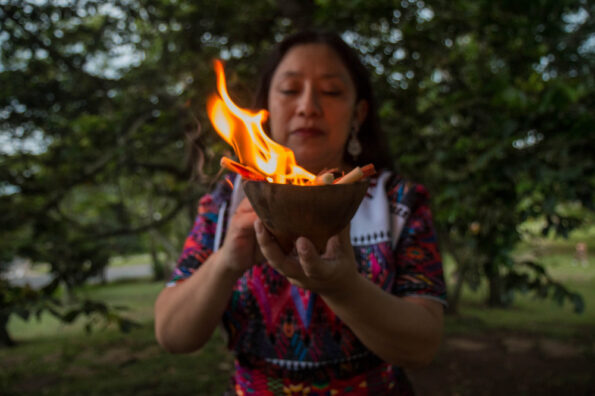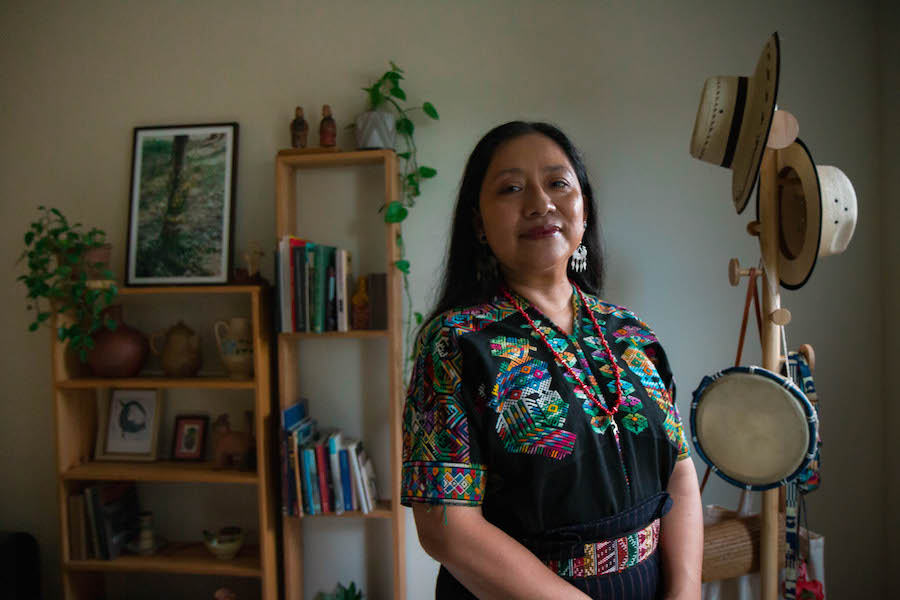Search
To search for an exact match, type the word or phrase you want in quotation marks.
A*DESK has been offering since 2002 contents about criticism and contemporary art. A*DESK has become consolidated thanks to all those who have believed in the project, all those who have followed us, debating, participating and collaborating. Many people have collaborated with A*DESK, and continue to do so. Their efforts, knowledge and belief in the project are what make it grow internationally. At A*DESK we have also generated work for over one hundred professionals in culture, from small collaborations with reviews and classes, to more prolonged and intense collaborations.
At A*DESK we believe in the need for free and universal access to culture and knowledge. We want to carry on being independent, remaining open to more ideas and opinions. If you believe in A*DESK, we need your backing to be able to continue. You can now participate in the project by supporting it. You can choose how much you want to contribute to the project.
You can decide how much you want to bring to the project.

In urgent times, I will speak from a place of “we,” not to universalize my experience but to recover a sense of coexistence.
In urgent times, I call upon the power of spirituality to transform our world and to live with integrity and unity despite oppressive realities and cruel days.
In urgent times, how can we speak of rituals when the altars of entire peoples are being destroyed and disappeared? How can we speak of spirituality when tongues continue to be cut off and the languages that connect us with birds and rivers are disappearing just like the birds and rivers themselves?
In urgent times, it is necessary to recognize that Mother Earth is here, where our feet are now, and here within each being, in this room that soothes our worries, our grief, in this space where exhaustion cannot be relieved with sleep. Here in the big cities, here where oracles, mounds, prayers, marches, and manifestations of the times in which we live also rise. Memories of rebellions that sprout like flowers on the asphalt, altars we build to memory and absences. The earth vibrates here, resonates here, trembles here, summons us here. Mother Earth confronts us, challenges us, summons us. To what extent will I allow myself to dialogue with my own spirituality?
In urgent times, we fight to safeguard our spirit and the spirit of our movements, communities, and territories. This is a spirituality that calls for presence, a return to sacred breathing, and in its constancy it summons us to consciousness, to enunciation, to action, to non-indifference. To recognize again and again, to name as many times as necessary how the hundreds of years of brutal colonization, heteropatriarchy, racism, genocide, and extractivism have disrupted and ransacked the world we live in, both structurally and intimately. What connections do we lose through the violence of assimilation when our power is rooted in the dominant culture?
In urgent times, we must subvert, rename, redefine, and decolonize as a process and a commitment to life. We must nourish ourselves with counter-hegemonic worldviews, reassemble our parts, our dimensions of being, find our hidden name, be defiant in the face of mandates, practice responsibility beyond punishment, and dismantle fundamentalisms with delicacy, rage, and certainty.
In urgent times, we must search in the darkest places for our sacred and beautiful darkness. In the depths of our being, in our caves, in our secrets, in territories inhabited by multitudes of ancestors and fierce and implacable spirits who teach us courage and determination.
In urgent times, we need to expand our vision and increase our capacity for awareness, presence, and compassion. We need to uncover comfortable and uncomfortable truths, speak from the cracks, the gaps, the wounds, and the scars. We need to find ways to assemble our parts, gather our fragments, assemble our systems, integrate our dimensions, expand our sensations, to navigate challenges by developing intimacy and trust.
In urgent times, sacred pauses are small acts of collective resistance, stopping, breathing, and remembering. We need to find the resources we have and we need to face this moment, to attend to the stillness. What practices will help me ground myself when I am dealing with unrest? What small actions affirm my connections to myself, to other people, to the otherness of beings, species, entities?
In urgent, challenging times, we need to seek the other faces of time, the advice of other times, of those who live in other rhythms. We need to know that time is not just this tax, to know that there are times that desire to be erased and times that refuse to disappear.
In urgent times, we need to listen to the call of our heart, to the subtle beats that unlock individualism or the harshness of capitalism. We need to listen to the call to walk, to be moved, to build collectively toward restorative justice, recovering pleasure and joy as sources of commitment to our intertwined past, present, and future.
In urgent times, slow rhythms move us and help us find the creativity and persistence that rivers and bodies of water teach us for the construction of free presents and futures.
Slow rhythms help us observe, help us untie the knots of the prisons that have been built within us in contexts of confusion and with few certainties. Slow rhythms help us rediscover practices and ways of seeing the world that lead toward life.
Slow rhythms help us recognize the cardinal point where the sun rises, to enjoy the scent of the seasons, to delight in the contemplation of plurality. To truly listen to what the essence of otherness wants to tell us, to savor the sensation of the moment. Do we listen more attentively to certain bodies than to others? How do we respond to presences that are neither material nor human?
Slow rhythms help us express our needs, to express and perceive in all possible forms the love that sustains and nourishes us. To resonate with voices of honey and fire that ignite our history, our ancestry, our origin, our roots.
Slow rhythms help us find strength in persistence and insight to recreate meaningful strategies of resistance and transformative actions.
Slow rhythms help us rediscover our dignity, in dialogue with the network of life of which we are a part. Slow rhythms are experiments to ritualize hope.
—
The spirit leaves if we don’t take care of it
it goes its own way if it feels uncomfortable
it takes its own medicine if it gets sick
it leaves just like that, floating over the sea
it doesn’t say goodbye
it walks away without regrets,
without guilt
In its absence
we are no longer sacred
we become nameless beings.
Kanimaj b’i ri qak’u’x wi kqilij taj
kuchap b’i ri ub’e we xyakataj royowal
kutij q’an ri ukunab’al wi xyowajik
eb’a’w kcha kan chi qech
maj royowal kanimaj b’ik
maj umak,
wi maj
maj chi qapatan
man oj loq’ob’al ta chik.
(Featured image: Rosa Chavéz performing a ritual. Photo © Edgar Tuy)

Rosa Chávez (Guatemala, 1980). Poet, artist, educator. She claims her original Maya K’iche’ Kaqchikel identity. She names poetry as the backbone of her practice and from there flows her multidisciplinary work encompassing areas such as performance, video and music. She is the author of several collections of poems and has been translated into Maya K’iche’, English, French, Portuguese, Norwegian, German and other languages. In 2024 she received the Impact Award from the Prince Claus Fund in recognition of her career in the field of arts and culture.
Portrait © Edgar Tuy
"A desk is a dangerous place from which to watch the world" (John Le Carré)